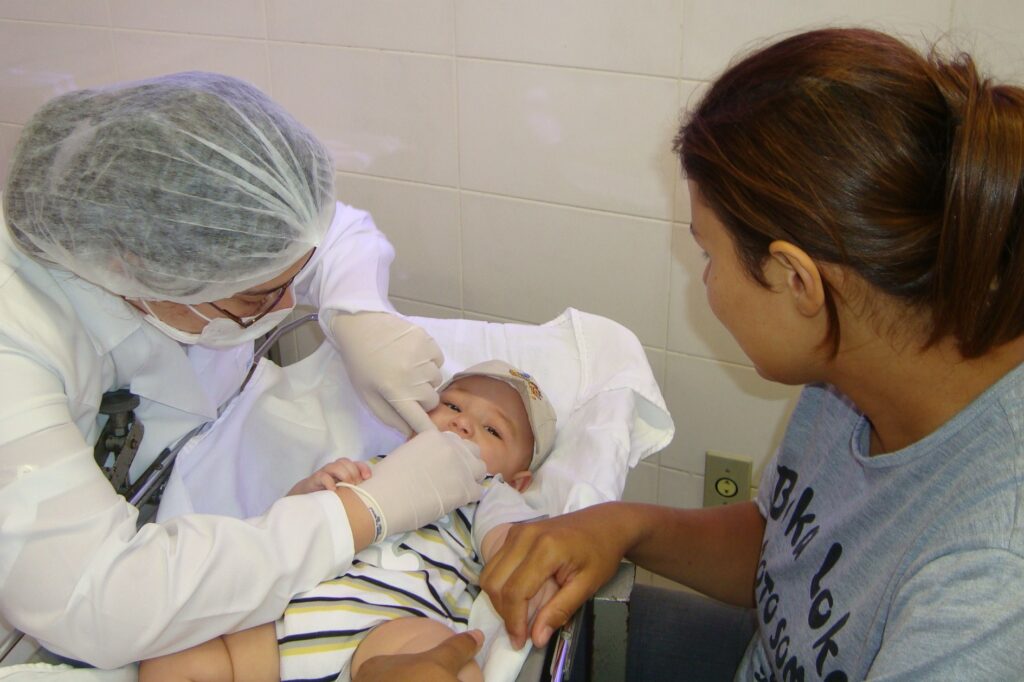A staple of many prams and parents on-the-go, children’s fruit pouches seem to be a healthy treat for growing kids. Despite the healthy appearance of many of the fruit pouches, many are anything but.
British dentists are now warning of the extremely high levels of sugar contained in these pouches, some of which exceed sugar levels found in some sugary drinks. A lot of sugar, which is no doubt bad for the teeth, health, and behaviour of children.
These handy and portable children’s snacks are viewed by many parents as a natural snack for children. Usually containing numerous fruits and natural flavours, they appear to be an obvious choice over other sugary treats. Unbeknownst to many, the majority of these pouches contain extremely high levels of sugar.
The British Dental Association (BDA) analysed the composition of 109 of the pouches available on the UK market. All products were designed specifically for children under the age of 12 months, yet staggeringly, contained massive amounts of sugar. More than a quarter of the pouches contained more sugar than a can of regular Coca-Cola by volume. Two-thirds contained over five grams of sugar per 100 millilitres.
Much of the marketing surrounding these pouches is also misleading. 40% of the samples tested by the BDA were marketed at children from four months old. The World Health Organisation recommends these pouch products for children over six months old.
“These pouches have surged in popularity among parents, owing to their convenience. Beyond encouraging a preference for sweet tastes- which carries lifelong health risks- the BDA warns they also carry oral health risks when compared to foods available via jars,” the dentists association warned.
Related News
- Aggressive formula milk marketing undermines breastfeeding
- Over 60 baby foods in Belgium don’t meet nutritional requirements
The packets often feature claims of “no added sugars” or “high in fibre.” No added sugar does not mean low sugar and much of the marketing claims are intended to make the products look healthier than they really are.
From a dentist’s point of view, even the design of the packaging of the sickly-sweet pouches causes an issue. For ease of use by young children, the pouches usually feature a small mouthpiece at the top, from which the fruit substance can be sucked out of. These mouthpieces, dentists say, damage the enamel of children’s teeth and can lead to the appearance of cavities.
“Tooth decay is the number one reason for hospital admissions among young children,” the BDA warns. “SACN (UK Government’s Scientific Advisory Committee on Nutrition) has warned that infant feeding practices and delayed or poor dental hygiene may be associated with decay prevalence.”
Consumers are advised to drop the use of the products, funding lower sugar portable alternatives, or to carefully select low-sugar fruit pouches for their children. The BDA warns that most of the “boutique” brands of fruit pouches are actually some of least healthy.

